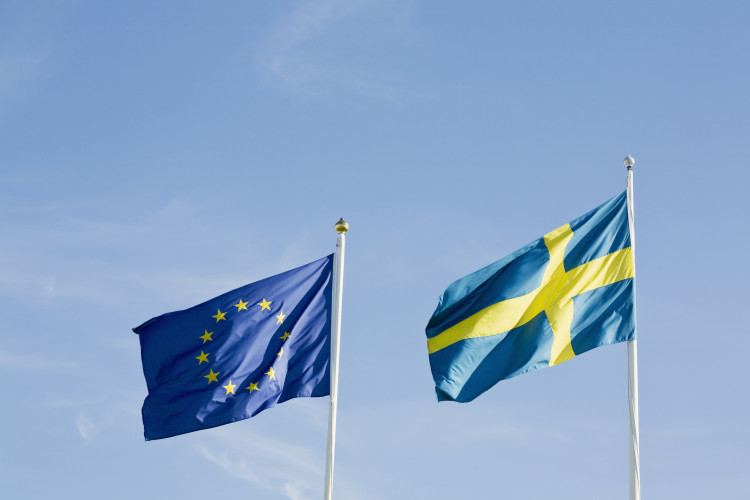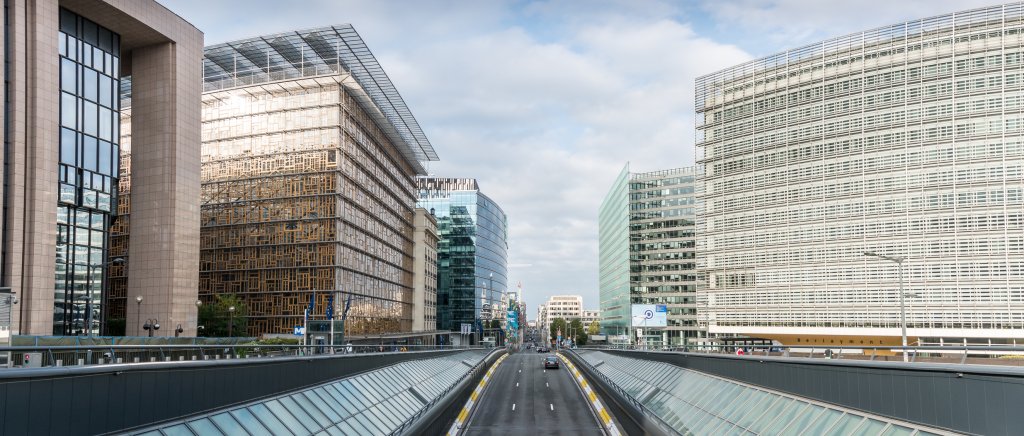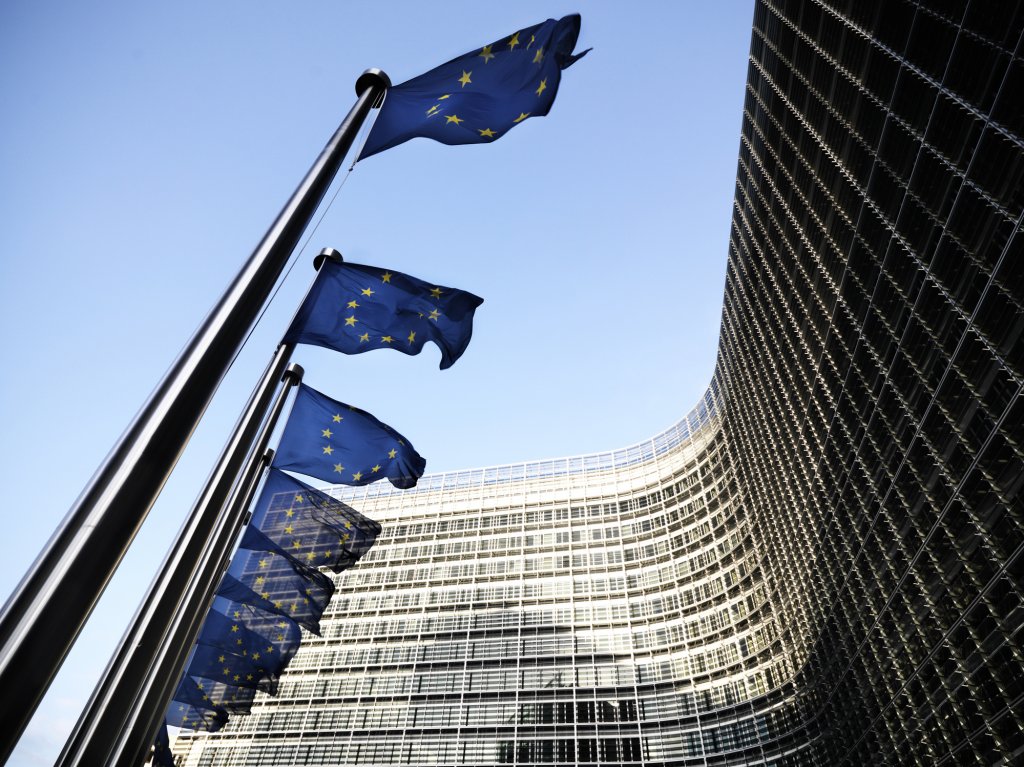On 1st January 2023, Sweden took over the 6-month presidency of the Council of the European Union from the Czech Republic. This will be the last of the “Trio-presidency” of France-Czech Republic-Sweden.
A backdrop of turbulence
Sweden will be, along with the Spanish presidency that will follow it, the last “working” presidency ahead of the 2024 European elections. They have their work cut out as the COVID-19 pandemic and the Russian war in Ukraine have unleashed an energy crisis and economic instability that have shifted policy priorities over the past two years. As a result, Sweden is confronted with a backlog of proposed pieces of legislation that will be difficult to implement.
Adding to the trying geopolitical environment, the Swedish Presidency faces additional circumstances that are relatively novel on the European stage. Following last September’s general election, Sweden is governed by a centre-right government led by Prime Minister Ulf Kristersson of the Moderate Party, marking the end of 8 years of leadership by the Social Democrats. Kristersson’s coalition government is, however, at the mercy of the right-wing populist party the Sweden Democrats, who came second in September’s election. Due to its strong showing, the party secured a say in the coalition agreement, which stipulates that they have full and equal influence on all issues in the coalition program, explicitly including EU matters.
A Eurosceptic cloud
With regard to the presidency priorities, it is hard to predict how the far-right Euroscepticism will affect the Swedish Presidency. Not long ago, the Swedish Democrats were advocating for a “Swexit”—a Swedish exit from the European Union. The party doesn’t shy away from criticising the EU for interfering in the politics of member states and party leader Jimmie Åkesson has often blamed the EU for many of Sweden’s problems, heralding a potential divergence of national and European objectives for the upcoming 6-month presidency.
The debate on the rule of law is no exception. Prime Minister Kristersson has announced that he will defend the democratic values of the EU and ‘moderately’ pursue legal proceedings against Hungary and Poland. However, this might be problematic as the Swedish Democrats strictly reject measures such as withholding EU funds from Viktor Orban’s Hungary. Only recently, Hungary is said to have approved Sweden’s membership of NATO only after “blackmailing” the EU by delaying to pass anti-corruption reforms.
Regardless, Sweden’s membership in NATO will also be of great significance to the objective of security and unity. The EU and NATO recently announced closer cooperation and Sweden promised economic and military support to Ukraine. In their role, Sweden, along with the European Commission, will also be responsible for overseeing the upcoming sanction packages against Russia.
Free trade VS protectionism
On European competitiveness and resilience, Sweden will have to balance their traditional free-trade philosophy with more protectionist measures expected at EU level. As the energy crises and ongoing supply chain issues are keeping policymakers on their toes, the US is taking an increasingly insular approach to external relations. The introduction of the Inflation Reduction Act (IRA) set to strengthen the US market by proposing tax credits and production subsidies has already been labelled discriminatory by EU and industry leaders. In light of existing tensions with Russia and China, and intensifying calls for protectionism – with an EU answer to the IRA planned in the coming month, Sweden will have to maintain a balanced approach.
High on the Swedish agenda is advancing the twin-transition: view digital policy as a means to ensuring competitiveness and call on Europe to build a sound and open economy based on free competition, private investment, and successful digitalisation. However, as most of the digital files are already at a later stage of the decision-making process, the Presidency has no firm ambitions on the direction of EU digitalisation.
Given their ambitions stance on climate neutrality, Sweden is turning towards advancing energy and climate files. Highest on the agenda is finalising the trialogues on the Fit-for-55 Package – a set of sector-specific legislation to reduce net greenhouse gas emissions by at least 55% by 2030 and reach climate neutrality by 2050. Sweden has the highest percentage of renewable energy in their portfolio within Europe. However, the Swedes recently stated they aim to promote cheap petrol and electricity instead of favouring nuclear energy. Additionally, the Swedish Presidency will have to handle a large number of European Green Deal files that have just been published or are about to – be it on packaging or in the mobility sector. With European elections around the corner, Sweden will be expected to advance work as much as possible. It will be interesting to see how Sweden’s recent decision to make do without a dedicated environment ministry will influence this agenda.
Ambitious Priorities
Sweden has set ambitious priorities for their 6-month presidency, but they can expect the Sweden Democrats to use the presidency to criticise and try to push the EU towards greater intergovernmentalism. The ongoing Russian war in Ukraine will strengthen EU industrial policy, however, the huge pressure on access to key resources means it will remain high on the agenda along with defence policy. It remains to be seen how Sweden will perform in mitigating the economic and energy crisis as well as approaching key policy issues under their unique national circumstances.








